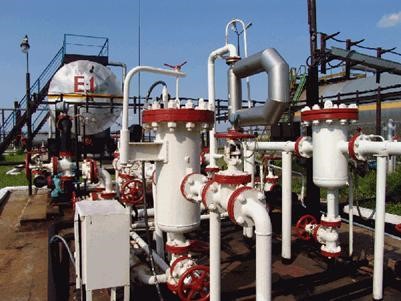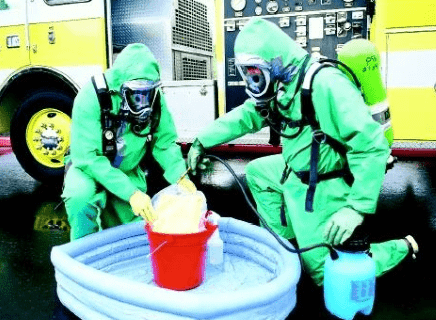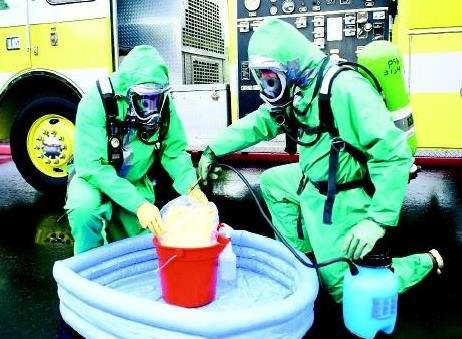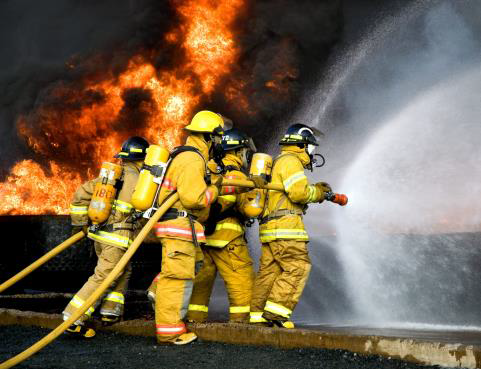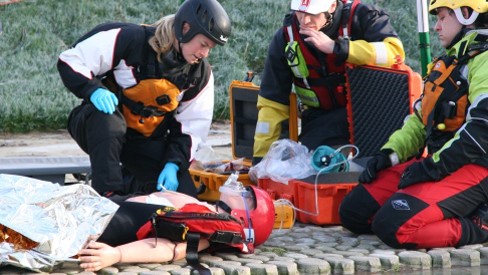TRAINING COURSES
📚 Courses We Offer 📚
Safety, Health & Environmental Engineering & Management
Explore our expertly curated courses designed to elevate your skills and knowledge.
- HE0913 : Certified Occupational Health, Safety & Industrial Hygiene
- Date : Jan 26 - Jan 30 2025 / 5 Days
- Location : Istanbul, Turkey
- Course Details
- HE0851 : Certified Incident Investigator: Incident Investigation & Reporting (NFPA, OSHA, API, ISO & ANSI Standards)
- Date : Jan 05 - Jan 09 2025 / 5 Days
- Location : Dubai, UAE
- Course Details
- HE0287 : Security Threats & Physical Security Technology, Tools & Equipment (PSTTE) Including X-Ray Operation & Safety
- Date : Jan 12 - Jan 16 2025 / 5 Days
- Location : Doha, Qatar
- Course Details
- HE0400 : Fundamentals of Process Safety & Loss Prevention
- Date : Sep 07 - Sep 11 2025 / 5 Days
- Location : Doha, Qatar
- Course Details
- HE0400 : Fundamentals of Process Safety & Loss Prevention
- Date : Jan 05 - Jan 09 2025 / 5 Days
- Location : Doha, Qatar
- Course Details
- HE0961(SM4) : Certification for Scaffolding Inspection
- Date : Dec 07 - Dec 11 2025 / 5 Days
- Location : Dubai, UAE
- Course Details
- HE1038 : Security Tools and Systems
- Date : Jan 19 - Jan 23 2025 / 5 Days
- Location : Doha, Qatar
- Course Details
- HE1413 : HSSE Management Systems (Security)
- Date : Feb 09 - Feb 13 2025 / 5 Days
- Location : Istanbul, Turkey
- Course Details
- HE0746 : Security Management, Planning and Asset Protection with Integrated Security Solutions
- Date : Feb 16 - Feb 20 2025 / 5 Days
- Location : Istanbul, Turkey
- Course Details
- HE1944 : Industrial Hygiene Certification Program: BOHS-M200: Basic Principles in Occupational Hygiene (Accredited by the British Occupational Hygiene Society - BOHS)
- Date : Dec 07 - Dec 11 2025 / 5 Days
- Location : Istanbul, Turkey
- Course Details
- HE0020 : Pollution Control in Process Industry
- Date : Dec 07 - Dec 11 2025 / 5 Days
- Location : Al Khobar, KSA
- Course Details
- HE1148(NA3) : Certificate in Process Safety Management
- Date : Jan 19 - Jan 23 2025 / 5 Days
- Location : Kuwait City, Kuwait
- Course Details
- HE0127 : Industrial Hygiene Certification Program W507: Health Effects of Hazardous Substances (Accredited by OHTA-BOHS)
- Date : Feb 23 - Feb 27 2025 / 5 Days
- Location : Doha, Qatar
- Course Details
- HE0127 : Occupational Hygiene Certification Program OHTA507: Health Effects of Hazardous Substances (Accredited by the Occupational Hygiene Training Association - OHTA)
- Date : Apr 27 - May 01 2025 / 5 Days
- Location : Doha, Qatar
- Course Details
- HE1022 : Introduction to Process Safety Management (PSM)
- Date : Feb 02 - Feb 06 2025 / 5 Days
- Location : Dubai, UAE
- Course Details
- HE0931 : NEBOSH International Gen Cert
- Date : Jan 19 - Jan 30 2025 / 12 Days
- Location : Doha, Qatar
- Course Details
- HE1130 : NEBOSH Certificate in Process Safety Management
- Date : Feb 16 - Feb 20 2025 / 5 Days
- Location : Doha, Qatar
- Course Details
- HE1130 : NEBOSH Certificate in Process Safety Management
- Date : Aug 03 - Aug 07 2025 / 5 Days
- Location : Doha, Qatar
- Course Details
- HE1911 : Basic Firefighing
- Date : Jul 20 - Jul 24 2025 / 5 Days
- Location : Doha, Qatar
- Course Details
- HE0970 : First Aid & AED
- Date : Sep 14 - Sep 18 2025 / 5 Days
- Location : Doha, Qatar
- Course Details
- HE0913 : Certified Occupational Health, Safety & Industrial Hygiene
- Date : Jun 22 - Jun 26 2025 / 5 Days
- Location : Kuwait City, Kuwait
- Course Details
- HE0287 : Security Threats & Physical Security Technology, Tools & Equipment (PSTTE) Including X-Ray Operation & Safety
- Date : Oct 26 - Oct 30 2025 / 5 Days
- Location : Kuwait City, Kuwait
- Course Details
- HE0254 : Industrial Hygiene Certification Program OHTA502: Thermal Environment (Accredited by OHTA)
- Date : Feb 23 - Feb 27 2025 / 5 Days
- Location : Doha, Qatar
- Course Details
- HE1958 : Environmental Safety Management
- Date : Feb 02 - Feb 06 2025 / 5 Days
- Location : London, United Kingdom
- Course Details











